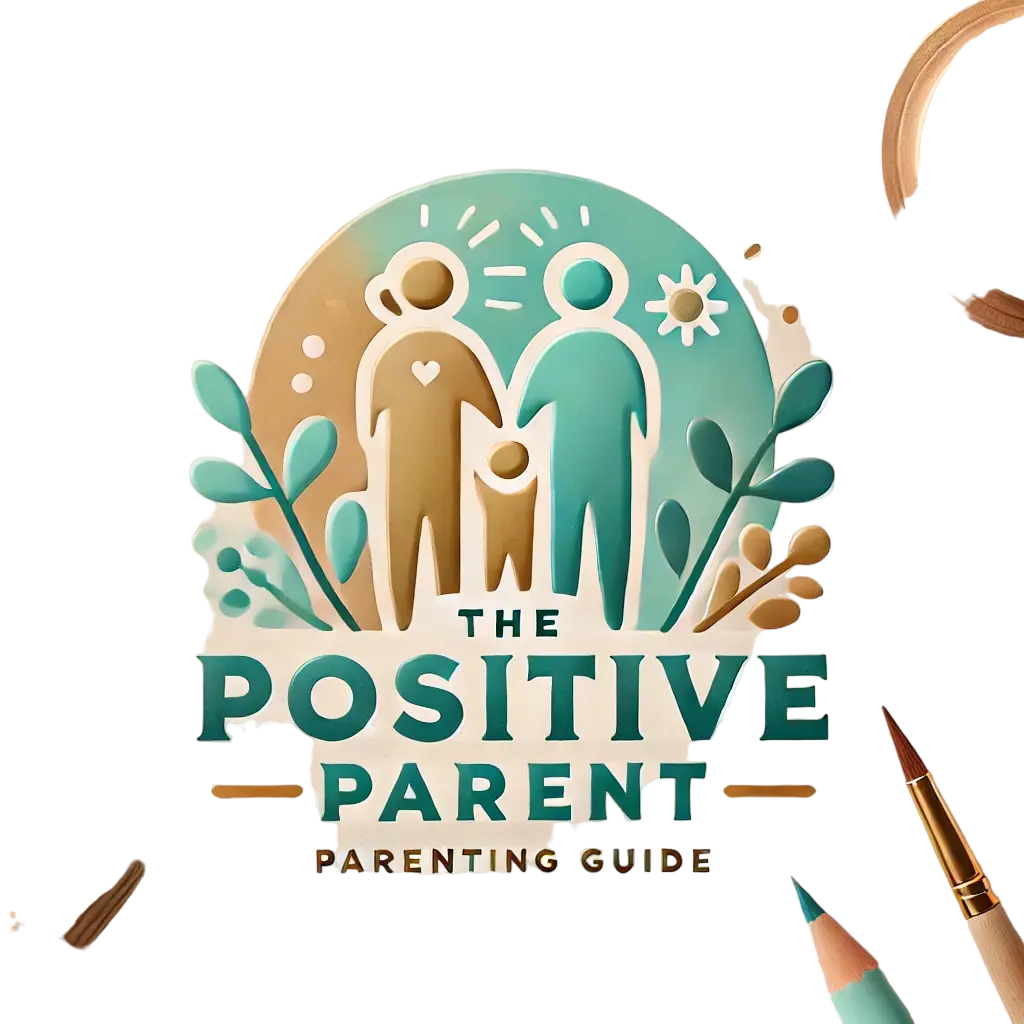How to Deal with the Emotional Impact of Being a Single Parent
Category
Categories

Title: The Emotional Journey: Navigating the Road of Single Parenthood
Introduction
Being a single parent can be one of the most emotionally taxing experiences in life. The responsibility of raising a child alone, without the support of a partner, can often lead to feelings of isolation, stress, and anxiousness. However, it’s essential to remember that you are not alone. Countless men and women have walked this challenging path with strength and grace, proving it’s entirely possible to enjoy the journey and raise well-adjusted, happy children.
1. Understanding Your Emotions
Dealing with single parenthood’s emotional impact starts by understanding and acknowledging your feelings. It’s entirely normal to feel overwhelmed, frustrated, or even resentful at times. The key lies in accepting these emotions without guilt and recognizing they don’t define your worth as a parent. Counseling or joining a support group can provide a safe space to express and confront these feelings. They offer a broader perspective by sharing experiences and insights with others who are going through the similar situations.
Example: Sarah, a single mother of two, discovered her emotional well-being improved drastically after joining a local single parents support group. Not only did she find a network of friends who understood her struggles, but the group also provided resources she needed, like reliable child care references.
2. Self-Care is Essential
Often single parents put their child’s needs before their own to the point of neglecting themselves. This can lead to burnout and exhaustion, negatively impacting your ability to provide the best care for your child. Prioritizing self-care is not being selfish; instead, it’s ensuring you’re at your best for your child. Start by scheduling “me” time, be it a 20-minute walk, reading, meditating, or even getting a massage. This helps to reduce stress and allows you to regain balance in your life.
3. Create a Positive Environment
Your child mirrors your emotions. If you’re stressed or anxious, they will pick up on these emotions. Thus, it’s crucial to create a positive environment at home. Reframe your mindset, focusing on the benefits of your situation like having the autonomy in decision-making or enjoying unique bonding experiences with your child. Displaying your resilience will inspire your child, and a positive environment will foster a healthier relationship.
For instance, Jack, a single father to a seven-year-old boy, admitted his son’s temperament improved when he started speaking about their situation in a positive light. When he began focusing on the fun they had on their camping trips or simple board game evenings, their relationship flourished.
4. Establish a Routine
Children thrive on consistency. Having a structured routine provides them a sense of security and reduces their anxiety levels. Make sure to establish predictable daily routines for meals, homework, playtime, and bedtime. This can also alleviate your stress as you would better manage time and plan your activities accordingly.
5. Seek Support
You don’t have to do it all alone. Reach out to close friends and family for support when you need it. It could be small tasks like picking your child from school, babysitting them or just being there for some chat. They can provide the much-needed emotional support and practical help.
6. Professional Help
If feelings of depression or anxiety become intense or persistent, don’t hesitate to seek professional help. Qualified professionals like psychologists and therapists can provide effective strategies and tools to manage your emotional wellbeing better.
Conclusion:
Dealing with the emotional impact of being a single parent can feel like a daily struggle, but remember you’re stronger than you think. Embrace your emotional journey, understanding it’s part and parcel of your larger growth story. Invest in self-care, create a positive environment, establish routines, and don’t hesitate to ask for support whenever you need. Most importantly, remember that every small step forward leads you on a path of resilience and growth – both for you and your cherub.
Your journey may be unique, but remember, no parent – single or otherwise – has all the answers. And in this uncharted territory, you’re doing your very best. Continue to walk this path with head held high, fully aware that you’re just not raising a child, but also building your strength and resilience every day.
Finally, if you found this blog post helpful or if you have other tips and insights you’d like to share, please feel free to comment below. We’re all in this together, and sharing our experiences can make our journey that much easier and enjoyable.



